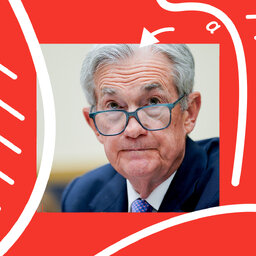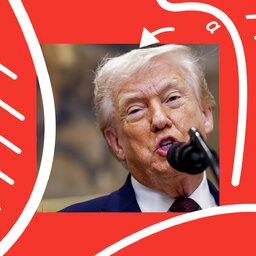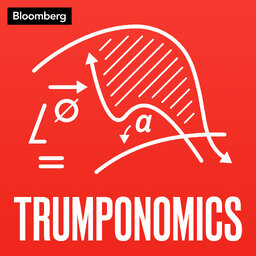Clean
Voternomics: Why Europe Needs to Unite Around Its Defense with Wolfgang Ischinger
Former Munich Security Conference Chair Wolfgang Ischinger joinsVoternomics to explain the new European project he says is needed. Plus, Bloomberg reporter Michael Nienaber discusses why German Chancellor Olaf Scholz’s popularity remains at historic lows while the far-right AfD party may see gains in the European parliament next month.
In 1 playlist(s)
Trumponomics
Tariffs, crypto, deregulation, tax cuts, protectionism, are just some of the things back on the tabl…Social links
Follow podcast
Recent clips

How the Powell Probe Could Blow Up Trump’s Fed Plans
26:25

What Trump's Venezuela Attack Means for the Global Economic Order
28:02

The Year Ahead: Tariffs, AI and Fed Independence
48:11
 Trumponomics
Trumponomics